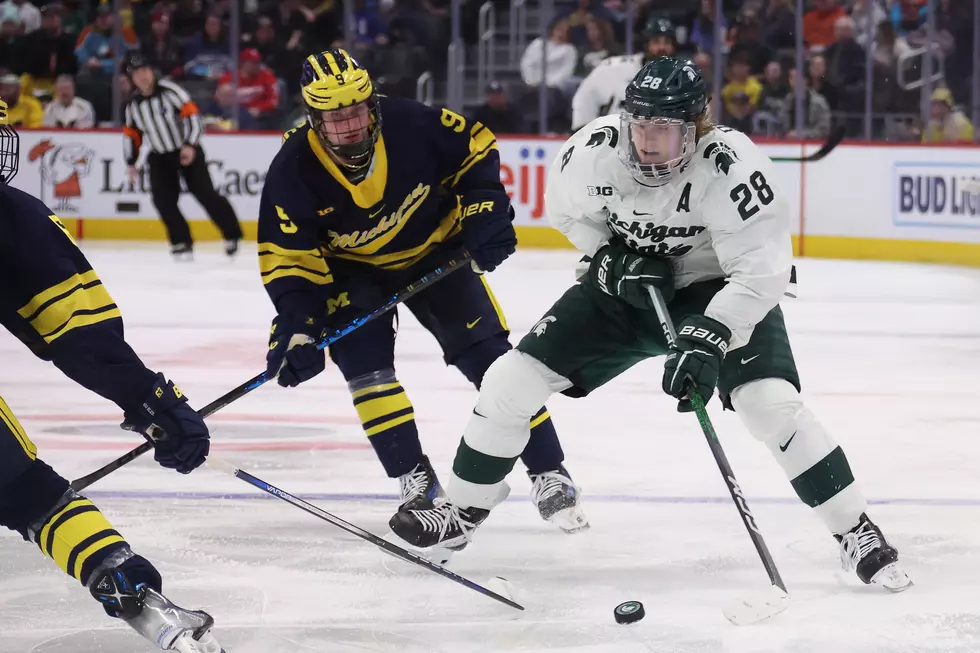
MDOT Plans to Save Pollinators With New Flower Fields Along US-131
You may have heard about places like Ann Arbor participating in "No Mow May", but this is taking it to the next level.
In an effort to save pollinators and protect their habitats, Michigan's Department of Transportation (MDOT) is working on a new Pollinator Habitat Management Program". In plain English, they're trying to save the bees!

What Are Pollinators?
Essentially pollinators are any animal that helps to fertilize plants by transferring pollen to flowering plants. When we think of pollinators, bees are typically what comes to mind first but in Michigan bats, hummingbirds, moths, and flies all help to pollinate plants across the Mitten.
Why Are Pollinators Important?
Many of the crops we depend on rely on pollinators to fertilize them. According to MDOT, 30% of all crop production and 90% of wild plants rely on pollinators for reproduction. In Michigan, most of our fruits and vegetables rely on honeybees to pollinate them.
Where Are the Bees?
Unfortunately, there has been a rapid decline in pollinator populations over the years due to declining habitats and other factors like pesticides, climate change, and parasites. That's why places like Ypsilanti have become a designated "Bee City" in an effort to conserve the pollinator population!
Roadsides and Pollinators
As it turns out, Michigan's roadsides are the perfect place to help facilitate growth among the pollinators. Think about it--we're not really using those roadsides for anything else! The most recent pollinator planting can be seen along US-131 near Rockford.
Says MDOT,
Roadsides often have diverse flora that is beneficial for pollinators...[and] offer a wide variety of vegetation types, including herbaceous, shrub, and tree species, which is important for supporting a healthy pollinator population.
As part of its Pollinator Habitat Management Program MDOT will:
- Avoid using insecticides and strategically schedule herbicide application
- Reduce mowing
- Manage and implement plant diversity along roadsides
- Work with adjacent property owners and local communities
- Implement special provisions on construction activities to protect pollinators
Additionally, the state also plans to plant more wildflowers and add rain gardens to Michigan's rest stops, and will implement "living snow fences" such as shrubs and native grasses to prevent snow drift and provide nesting spots for pollinators.
If you ask me, this sounds like a great plan! It cannot be stressed enough how important pollinators are to our livelihood and I'm so glad Michigan is taking a proactive approach to protecting pollinators here in the Mitten. The next time you're on a road trip Up North, make sure you admire all the beautiful wildflowers along US-131!
Where to Find Fantastic U-Pick Sunflower Farms Across Michigan
Once in a Lifetime Opportunity to Own Multiple Mansions in Laurium, MI
More From 107.7 WRKR-FM









